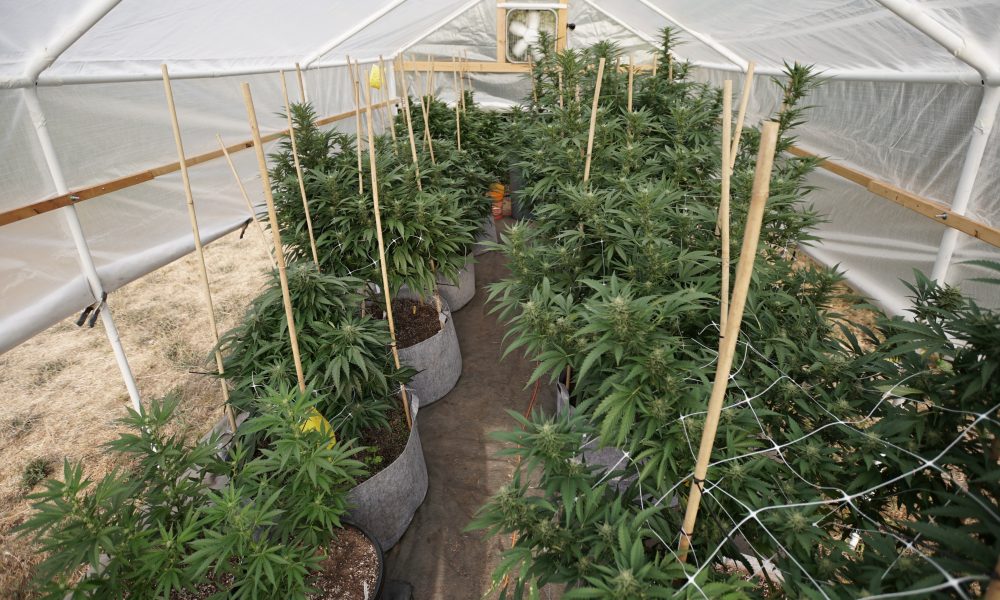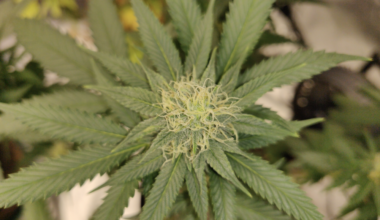“Without this vital tax break, craft growers will struggle to effectively compete against companies that operate facilities more than twenty times their size.”
By Ari Hoffnung, Bridge West Consulting
New York’s multi-billion-dollar adult-use cannabis market will require six million square feet of cultivation space to meet the annual consumer demand of more than one million pounds of cannabis. While the intent of the Marijuana Regulation and Tax Act (MRTA) is to limit “market dominance” by a few large corporations, there is a real risk that the state’s cultivation market will be controlled by a small number of large operators. After all, public cannabis companies have access to billions of dollars in capital and are able to achieve economies of scale unavailable to craft growers, especially those led by social equity entrepreneurs.
Fortunately, New York has a strong track record of helping craft businesses in other industries effectively compete against large operators. Perhaps even more than cannabis, the beer industry is dominated by a few very large corporations. In fact, three alcohol companies control about 70 percent of the beer market. Nevertheless, New York has a thriving craft beer industry, with over 440 licensed breweries responsible for more than 20,000 full-time jobs and $3.4 billion of economic impact.
While there are many reasons why New York has emerged as a national leader in the craft beer industry, it would not have been possible without the tax benefits bestowed on small beer producers. On the federal level, small domestic brewers receive an excise tax discount of 80 percent, while on the state level, they are exempt from excise tax.
To create a successful craft cannabis industry in New York, craft growers should receive a similar tax break to those offered to craft breweries. More specifically, the state should waive the MRTA’s excise tax of approximately $350 per pound of cannabis for the first 2,000 pounds produced by craft growers operating 10,000 square feet or less of flowering canopy space.
By eliminating the excise tax for craft growers, these small business owners would get to keep 100 percent of their wholesale revenues. For example, if the wholesale market price, with excise tax, for a pound of cannabis were $2,350, craft growers would hold on to that entire amount. In the same example, larger operators would need to pay an excise fee of $350 and only be left with $2,000 in revenue.
While waiving the excise tax for craft growers may result in slightly less tax revenues for the state, it will help limit market dominance of a few large operators. Without this vital tax break, craft growers will struggle to effectively compete against companies that operate facilities more than twenty times their size.
There are other smart policies the state could adopt to help ensure a successful craft cannabis industry. To help craft growers finance their multi-million-dollar capital expenditure and startup costs the state should make zero- or low-interest loans available. Unlike dispensaries that can earn revenues the first day they open, craft growers cannot earn revenues until they make it through their first harvest and successfully test their flower in a third-party lab—a process that will take months. Moreover, small businesses like craft growers cannot afford to sustain years of financial losses like so many of today’s public cannabis companies who are reliant on a continuous stream of debt and equity financing to stay in business.
In addition, New York should create a certified “Craft” designation for small growers and limit the use of the term “craft” on cannabis product labels and in marketing to those that are certified. This will help consumers more easily identify authentic craft cannabis products at dispensaries and support small growers throughout the state. Without this regulatory approach, large operators will widely use the consumer-attractive term “craft.”
The state ought to do more than just prioritize licensing for small cultivators. By acting now to create a fertile environment for craft cannabis to grow, New York policymakers can help position the state for the inevitable future in which cannabis will be federally legalized. Once interstate commerce is permitted, New York growers will be forced to compete against growers throughout the United States, many of whom operate in more favorable growing climates. Craft growers that cultivate high-quality cannabis locally, in a sustainable manner, will be more insulated against future legislative upheaval. The policies we adopt today for craft growers will impact tomorrow’s reality which could see Humboldt County cannabis being legally delivered to New York City doorsteps by FedEx or Amazon.
Ari Hoffnung launched the Opportunity Grows Cannabis Accelerator, in collaboration with SUNY Binghamton’s Koffman Incubator, to help social equity entrepreneurs succeed. He is the CEO of Bridge West Consulting and previously served as the CEO of Vireo Health of New York and New York City’s deputy comptroller.
Pennsylvania Senate Approves Marijuana Banking Bill, Sending It To The House
Photo courtesy of Chris Wallis // Side Pocket Images.
Medical Disclaimer:
The information provided in these blog posts is intended for general informational and educational purposes only. It is not a substitute for professional medical advice, diagnosis, or treatment. Always seek the advice of your physician or other qualified healthcare provider with any questions you may have regarding a medical condition. The use of any information provided in these blog posts is solely at your own risk. The authors and the website do not recommend or endorse any specific products, treatments, or procedures mentioned. Reliance on any information in these blog posts is solely at your own discretion.







